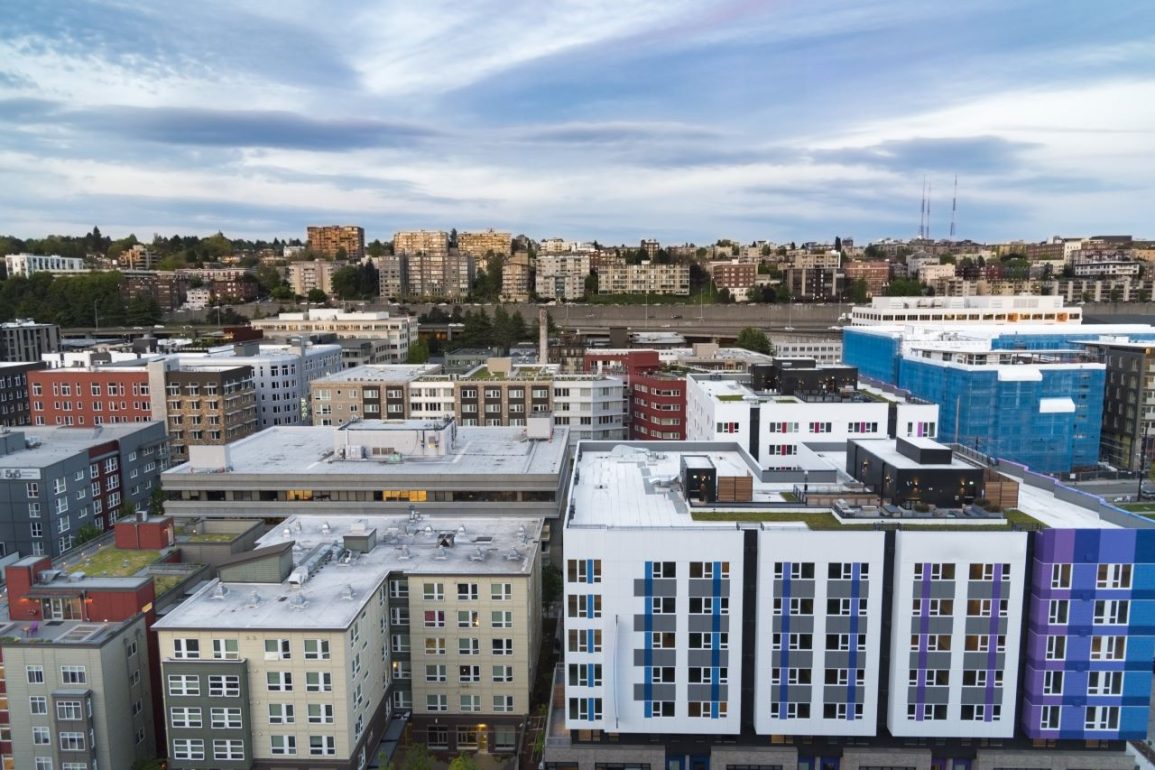The sun is shining, birds are singing, and restaurants, movie theaters and sporting arenas have finally reopened. The rumors seem to be true — the pandemic is finally fading into the background. But even as the economy reopens and many city dwellers consider their summer plans, one group of particularly hard-hit residents is fighting for continued government support as it recovers from the economic pains of the pandemic.
Workers in the gig economy and service industries were disproportionately impacted by our region’s COVID-related economic turbulence. Primarily renters, these workers’ income was hit the hardest by the many closures and precautions necessitated by the pandemic.
As the city comes back online, Seattle City Council has announced several new bills to increase protection for renters, especially those who fell behind on rent during the pandemic. Currently, the city has an eviction moratorium that’s set to end on June 30. In addition to the new bills, the council passed a resolution asking the mayor and governor to extend the eviction moratorium through the end of the year.
With schools slowly returning to in-person education, the new bills aim to protect students and educators from the destabilizing effects of evictions during the school year. Students are considered to be anyone under the age of 18 and anyone who’s enrolled in daycare up to high school; the new bill would allow a student’s parent or guardian to cite the bill in eviction court. This is key, as eviction and homelessness interfere with student learning and make it difficult for students to keep up in class.
The other school-related bill prevents the eviction of educators, defined as anyone who works in a school including teachers, janitors, cafeteria workers and counselors, due to rent debt or unpaid rent during the school year. The goal with this bill is to prevent the interruption of student learning and development by keeping educators in their schools.
The only exceptions to these new bills are evictions from condemned buildings or buildings where illegal activity is taking place, or evictions from owner-occupied buildings or in cases where the owner decides to move into the property.
These bills take a more targeted approach to rental law, following an earlier citywide moratorium on evictions during the winter. Some smaller landlords may struggle under the continued restrictions, so the city council’s actions were not met with universal approval. But councilors clearly chose to weight the economic and housing security of tenants more heavily.
This article was originally posted on the Seattle Times by Daniel Beekman.



